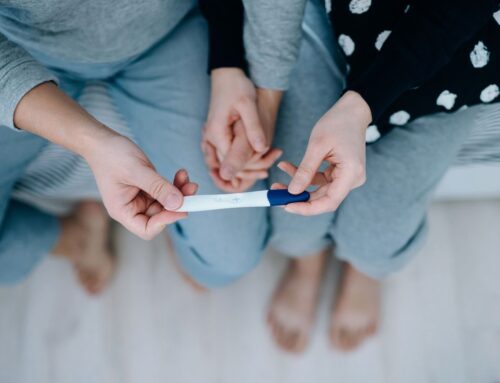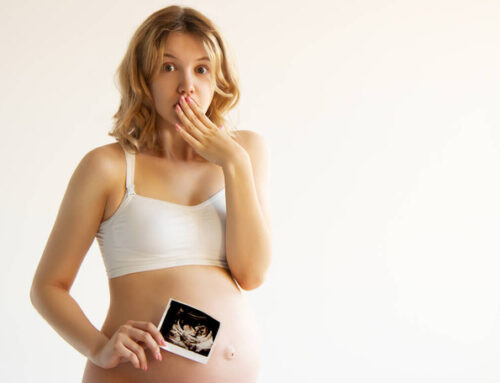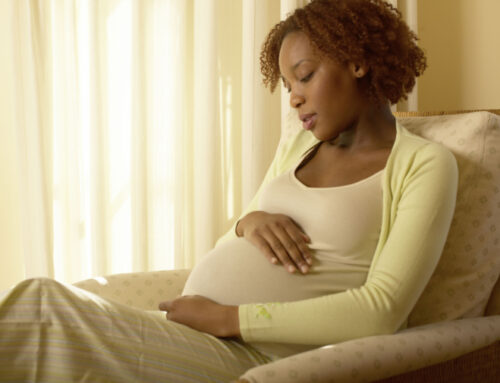PCOS stands for Polycystic ovarian syndrome. It is a common hormonal condition that many women struggle with. Having PCOS can affect a woman’s ability to get pregnant and they are at a higher risk of developing complications during pregnancy. Although many women may experience complications while trying to get pregnant, this does not mean that it is not possible.
What is PCOS?
According to hopkinsmedicine.org PCOS is a condition in which the ovaries produce an abnormal amount of androgens, male sex hormones that are usually present in women in small amounts. The name polycystic ovary syndrome describes the numerous small cysts that form in the ovaries. However, some women with this disorder do not have cysts, while some women without the disorder do develop cysts.
PCOS can affect a woman’s menstrual cycle, appearance and fertility. Below are some of the symptoms PCOS includes:
- weigh gain (or inability to loose weight)
- irregular menstrual periods
- infertility
- excessive body of face hair
- acne
- thinning of the hair
PCOS and Pregnancy
Women who have PCOS struggle to get pregnant. This is because the high levels of male hormones prevent the release of an egg. Women experiencing PCOS can increase their chances of getting pregnant by:
- being in a healthy weight
- exercising
- eating healthy
- monitoring ovulation.
If you have made some changes and that still hasn’t helped, your doctor might order fertility tests and prescribe fertility medications to help you ovulate. If medications don’t work, your doctor might suggest surgery to remove a tiny amount of tissue that produces excess male hormones in the ovaries. However, with some lifestyle changes or fertility treatments most women with PCOS are able to get pregnant.
If you have PCOS and are pregnant, it is important you talk with your doctor. The risk of these complications can be reduced by monitoring PCOS symptoms and taking extra care during your pregnancy.





